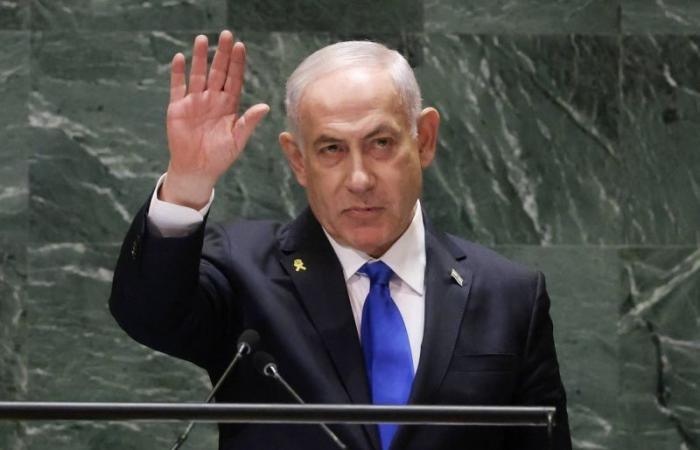The recent statement by French diplomacy referring to the “immunity” of Israeli Prime Minister Benjamin Netanyahu before the International Criminal Court (ICC), was part of Israeli demands during negotiations on the ceasefire, according to an Israeli source cited by Haaretz.
In a press release published at 11:30 a.m. (French time), a few hours after the entry into force of the ceasefire agreement in Lebanon, the ministry invoked the obligations provided for in international law linked to “State immunities non-parties to the ICC”, which is the case of the Jewish State, which has never ratified the Rome Statute on which the Hague Court was founded in 1998.
“Such immunities apply to Prime Minister Netanyahu and other ministers concerned” by a Court arrest warrant, the statement continued, adding that this element would be “taken into consideration if the ICC were to request their arrest and surrender” .
“Historical friendship”
This position taken by the Quai d’Orsay is at odds with previous reactions from Paris after the publication of the arrest warrants on Thursday, November 21 by the ICC against the head of the Israeli government and his former Defense Minister Yoav Gallant – as well as against the head of the armed wing of Palestinian Hamas Mohammed Deif (presumed dead) – for war crimes and crimes against humanity in Gaza.
On Tuesday, French Prime Minister Michel Barnier declared before the National Assembly that France would “rigorously” respect its obligations under international law and the importance it attaches to the decisions of the Court in The Hague.
Read also
What does Israel’s right to intervene in Lebanon mean?
A position confirmed the same day by the French Minister of Foreign Affairs, Jean-Noël Barrot, during the last G7 summit, Tuesday in Italy, and again during an interview broadcast this Wednesday morning, before retracting.
“In accordance with the historic friendship between France and Israel, two democracies committed to the rule of law and respect for professional and independent justice,” the press release quotes. “France intends to continue to work in close collaboration with Prime Minister Netanyahu and other Israeli authorities to achieve peace and security for all in the Middle East.”
An article in the Rome Statute addresses this issue of immunity for leaders of countries that do not recognize the court, although it may remain open to various interpretations.
“Deeply problematic”
This about-face by Paris, seen as an adjustment intended to preserve its diplomatic relations with the Jewish state, raises questions about France’s commitment to international justice.
Human rights organizations have strongly criticized this position. Andrew Stroehlein, media director for Europe at Human Rights Watch, denounced on X an erroneous interpretation of the Rome Statute, which states in its article 27 that official functions do not protect against prosecution. For its part, Amnesty International described the French position as “deeply problematic”, calling on Paris to respect its legal duty to execute arrest warrants.
Read also
How the ceasefire agreement reached in Lebanon is perceived in Israel
Other European countries, such as Italy, which immediately announced that they would respect their commitment to the ICC regarding a possible arrest of the head of the Israeli government, have also recently revised their position.
Italian Foreign Minister Antonio Tajani, who currently chairs the Group of Seven Democracies (G7), expressed “many doubts” on Tuesday regarding the ICC’s arrest warrant for Netanyahu, stressing that it would “not be possible to detain him while he is in office”, in comments reported by Reuters.
The recent statement by French diplomacy referring to the “immunity” of Israeli Prime Minister Benjamin Netanyahu before the International Criminal Court (ICC), was part of Israeli demands during negotiations on the ceasefire, according to an Israeli source cited by the Haaretz.In a press release published at 11:30 a.m. (time…
- -






